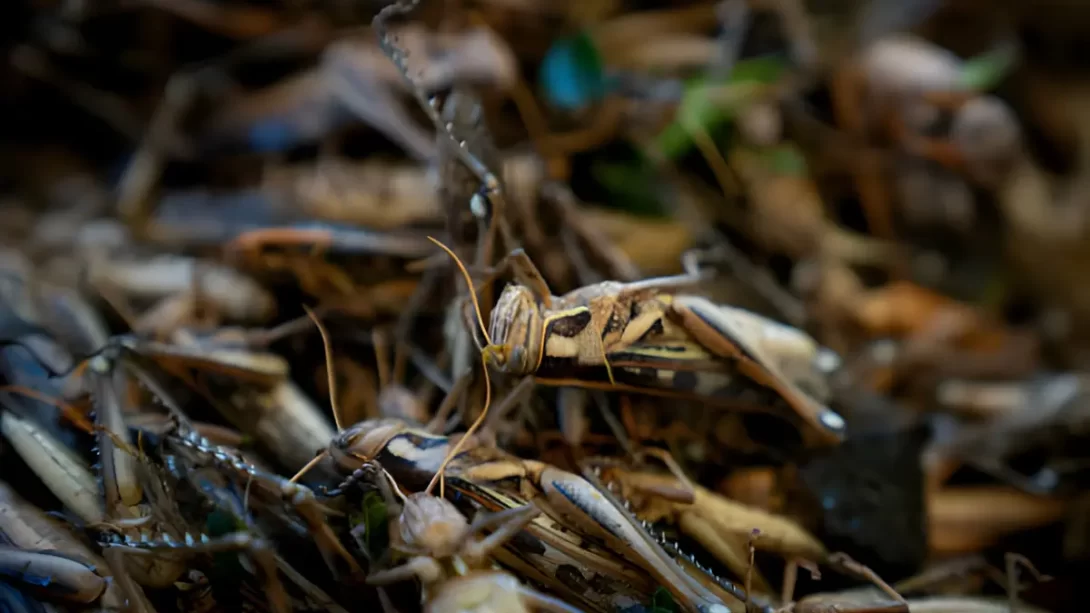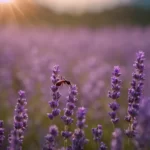Superstitions have long played a role in human culture, offering explanations for the unknown and providing guidelines for everyday life. Among these, the belief regarding the luck associated with crickets stands out. These small chirping insects have been subjects of various superstitions, with beliefs about them ranging from harbingers of good luck to omens of misfortune. This article delves into the intriguing superstition that killing crickets can bring bad luck, exploring its origins and cultural significance.
Cultural Perspectives on Crickets
Crickets have held a place of respect and significance in many cultures around the world. In Eastern cultures, particularly in China and Japan, crickets are seen as symbols of good luck, prosperity, and even guardianship. They are often kept as pets and their chirping is considered a musical and soothing sound. In Native American traditions, crickets are viewed positively, associated with good harvest and protection. In contrast, European folklore presents a more varied interpretation. In some regions, a cricket in the home is seen as a good omen, bringing prosperity and good health, while in others, it’s considered a bad sign, especially if it suddenly stops chirping.
The Superstition of Killing Crickets
The superstition that killing crickets brings bad luck is particularly prevalent in cultures where these insects are valued for their positive qualities. The origins of this belief are likely tied to the broader cultural significance of crickets. Killing a cricket, especially in a culture where it is considered a symbol of good fortune, could be seen as disrupting the harmony and inviting misfortune. This belief varies across cultures, but it generally reflects an underlying respect for these creatures and what they symbolize. In some cultures, this superstition is taken seriously, and great care is taken to avoid harming crickets.
Scientific and Rational Perspective
From a scientific standpoint, superstitions like the one about killing crickets don’t hold empirical evidence. However, examining the ecological role of crickets offers insight into why such beliefs might be discouraged beyond superstition. Crickets play a significant part in the ecosystem. They aid in the decomposition of plant material, contribute to the soil’s nutrient cycle, and serve as a food source for various animals. Therefore, disrupting cricket populations can have wider environmental impacts. This ecological understanding provides a rational basis for avoiding the indiscriminate killing of crickets, aligning somewhat with the superstition, albeit for different reasons.
Psychological Impact of Superstitions
Superstitions, regardless of their factual accuracy, have a notable impact on human psychology and behavior. Beliefs like the one about killing crickets can influence actions, often leading people to avoid certain behaviors out of fear or respect for the superstition. This psychological impact can be seen as a form of cultural heritage, reflecting the values and teachings of a society. Furthermore, superstitions often offer a sense of comfort or control over the unknown, playing a role in coping mechanisms for dealing with life’s uncertainties. Understanding this aspect helps to appreciate why such beliefs persist even in the absence of scientific backing.
Superstitions vs. Respect for Nature
While it’s important to recognize the cultural and psychological roles of superstitions, it’s equally crucial to distinguish these beliefs from ecological awareness and respect for living creatures. The superstition about not killing crickets can inadvertently promote a respectful attitude towards nature and its inhabitants. Encouraging ethical treatment of animals and insects should ideally be based on understanding their ecological roles and importance, rather than solely on superstition. This approach helps foster a more informed and conscientious relationship with the natural world, where actions are guided by knowledge and responsibility rather than fear of bad luck.
The Role of Education in Understanding Superstitions
Education plays a pivotal role in differentiating between superstitions and ecological awareness. By educating people about the environmental importance of crickets and other insects, it’s possible to foster a respect for these creatures that’s grounded in science. This educational approach helps demystify superstitions while promoting a genuine understanding and appreciation of the role insects play in our ecosystem. It also encourages responsible behavior towards all living beings, based on knowledge and empathy rather than fear or myth.
Contemporary Views and Practices
In the modern world, where scientific understanding often challenges traditional beliefs, the way we view superstitions like that of killing crickets is changing. While the superstition itself may be losing ground among more scientifically-oriented communities, the underlying message of respecting nature and its creatures remains relevant. Contemporary practices are increasingly leaning towards environmental conservation and ethical treatment of animals, aligning with the superstition’s essence but driven by a more informed and conscious perspective.
Conclusion
The belief that killing crickets brings bad luck is a fascinating example of how cultural superstitions intersect with environmental consciousness. While the superstition itself may not hold scientific merit, the respect for crickets it engenders aligns with a broader ecological understanding of their importance. In today’s world, where ecological balance is more crucial than ever, such superstitions, though scientifically unsubstantiated, can inadvertently support positive attitudes towards nature. Ultimately, understanding and respecting the natural world should be based on both scientific knowledge and cultural sensitivity, ensuring a harmonious coexistence with all earth’s inhabitants.




